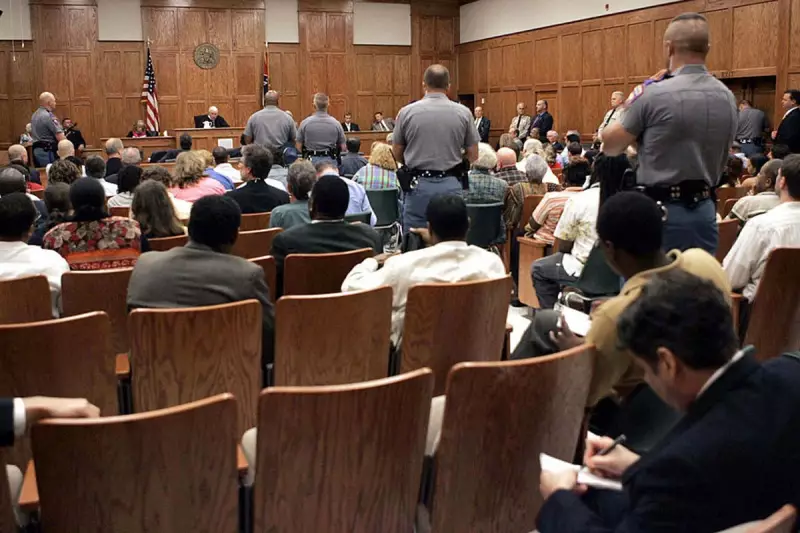
In a startling case that highlights the dangers of over-relying on artificial intelligence, a New York lawyer is facing potential sanctions after submitting legal documents containing entirely fabricated cases generated by ChatGPT.
The incident has sent shockwaves through the legal community and raised urgent questions about the responsible use of AI in professional settings where accuracy is paramount.
The Case That Never Was
Attorney Steven Schwartz of Levidow, Levidow & Oberman found himself in professional jeopardy after using OpenAI's popular chatbot to research a client's aviation injury lawsuit. Unbeknownst to Schwartz, ChatGPT invented multiple legal precedents that simply didn't exist, complete with fabricated judicial opinions and citations.
These AI-generated hallucinations were then submitted to a Manhattan federal court, leaving US District Judge Kevin Castel thoroughly unimpressed when he discovered the deception.
Legal Community Reacts
The legal profession has responded with a mixture of amusement and concern. This case serves as a cautionary tale for all professionals considering using AI for research, particularly in fields where factual accuracy cannot be compromised.
Several legal experts have noted that while AI tools can be valuable for brainstorming or preliminary research, they should never replace traditional verification methods in legal practice.
Broader Implications for AI Regulation
This incident comes at a time when regulators worldwide are grappling with how to manage rapidly advancing AI technology. The case demonstrates that:
- AI systems can present false information with convincing authority
- Professional oversight remains essential when using automated tools
- Current AI models may not be suitable for high-stakes professional applications
As one legal ethics expert noted, "The convenience of AI cannot override professional responsibility and due diligence."
What's Next for AI in Law?
The legal industry now faces difficult questions about integrating AI tools while maintaining professional standards. While some firms are experimenting with AI for document review and legal research, this case underscores the need for:
- Clear guidelines on AI use in legal practice
- Mandatory verification of AI-generated content
- Professional development around AI literacy
As AI continues to transform professional services, this case will likely be remembered as an early warning about the potential pitfalls of embracing new technology without adequate safeguards.





